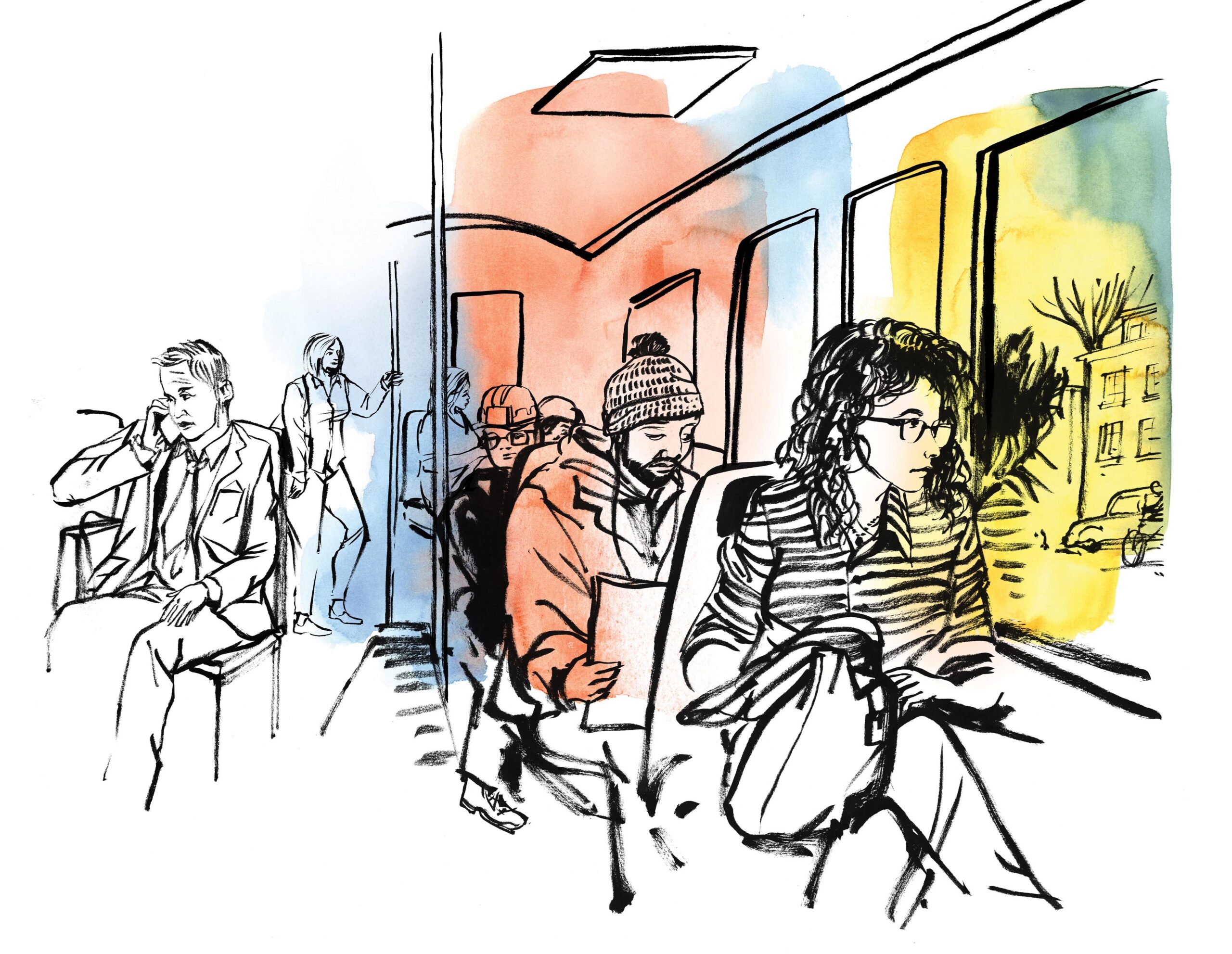Not only can you now check balances and toggle credit cards on and off, but you can apply for a home loan, manage personal assets, track your budget, and consolidate student debts. All on your phone.
All this makes up the $300 billion financial technology industry. Last year, a new layer in the movement gained traction: A growing number of app-based services give people earlier — even daily — access to money. The money isn’t a loan; it’s a portion of a paycheck you already earned. Sort of.
For a fee, “daily pay” apps allow you to take out small amounts of your paycheck before your actual payday.
Considering the avalanche-style fees tied to payday loans and the billions of dollars Americans spend on overdraft fees, these apps appear to be viable alternatives for untimely bills or surprise expenses. Yet, you’re right to wonder if these services will ultimately discourage financial planning and paying larger bills.
Hannah Stolze, director of the Wheaton Center for Faith & Innovation at Wheaton College, offers neither unqualified excitement nor categorical pessimism when it comes to innovations like this. Rather, she wants Christians to take seriously their responsibility to exercise wisdom in the marketplace. Stolze asks three questions that she thinks help reveal the value proposition of the product(s) and help you think wisely about them.
1. ‘Does the consumer have choice?’
“You can more easily identify this with labor exploitation, but I think this counts with products that knowingly addict or trap consumers,” Stolze said “If you don’t want your customers to have a choice to leave, if you’re locking them into interest rates, if you are robbing them to the extent that they’re dependent on you, then you’re exploiting them.”
The obvious application here is payday lending, in which people get trapped in a debt cycle.
2. ‘Does this product have value?’
Of course, all products, financial or otherwise, advertise value. But that doesn’t mean they fit a meaningful definition. Stolze’s question is, “Does the benefit of buying this product outweigh the cost I pay for it?”
“If your customers aren’t gaining more from your product than they feel like they’re parting with, you’re never going to have customer satisfaction,” she said. “And, for Christians, Jesus even flips it to the extent that he says, ‘It should cost me something to give you something amazing.’”
3. ‘What is the long-term impact?’
“What if my product is out in the market for five years? Ten years?” Stolze asked. “As a Christian, do we see the kingdom advancing through this product or do we see customers suffering, employees suffering, communities suffering? And if the product itself doesn’t bring anything redemptive it has a negative long-term effect.”
Of course, the answers to these questions will differ because particulars vary from product to product, app to app. But the framework Stolze suggests can help you — or those you’re advising — spot the difference in convenience and exploitation.





